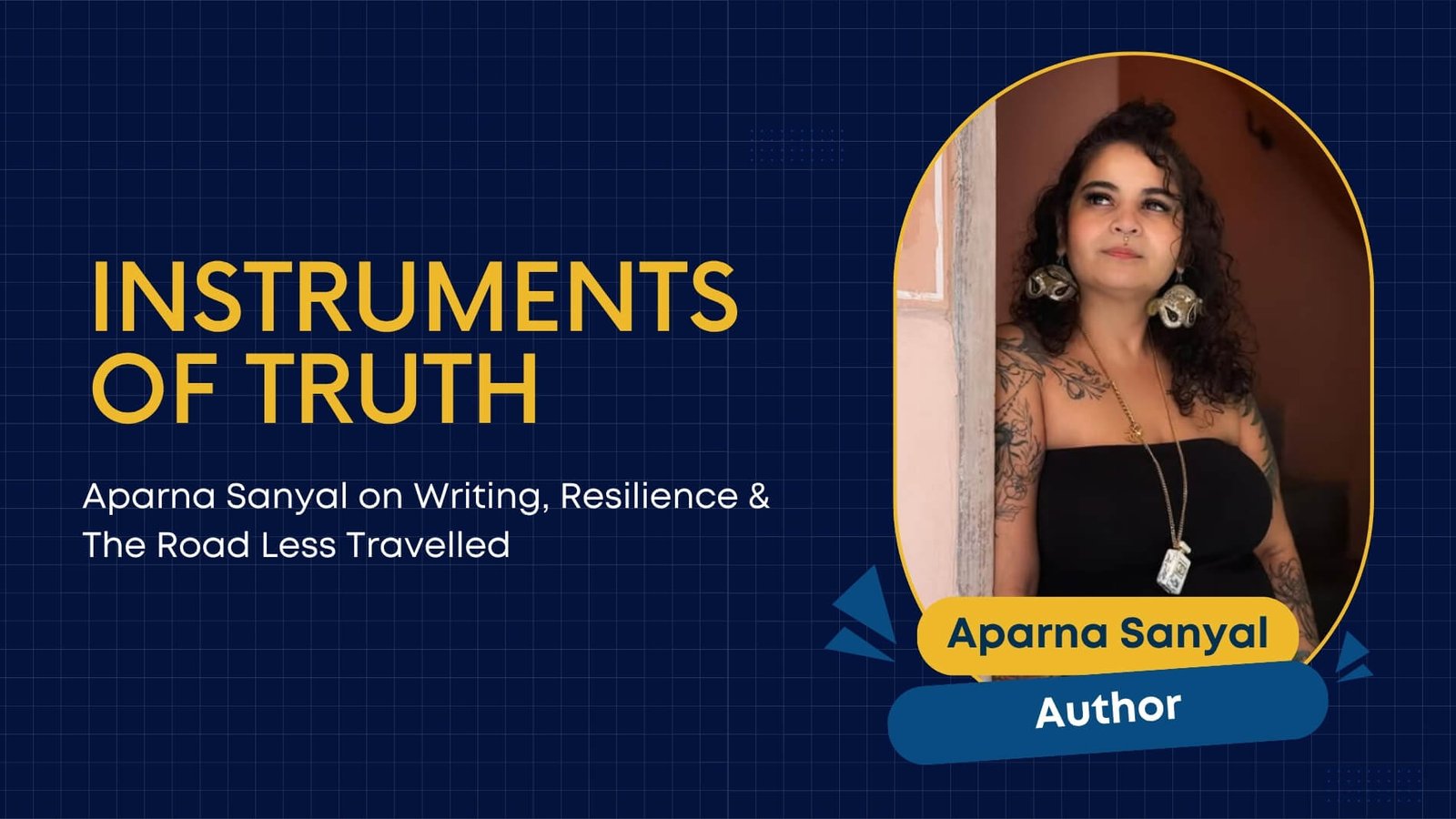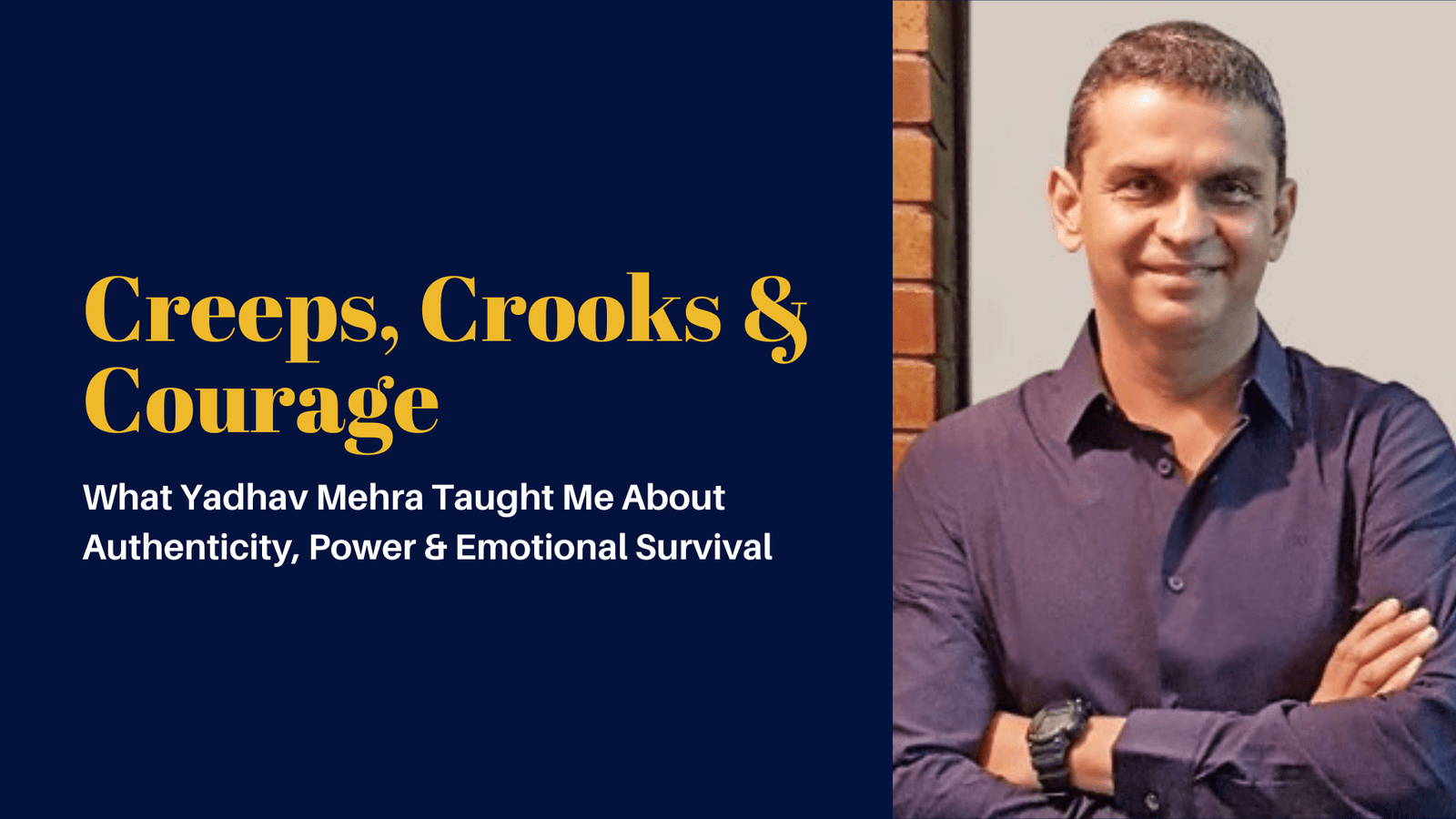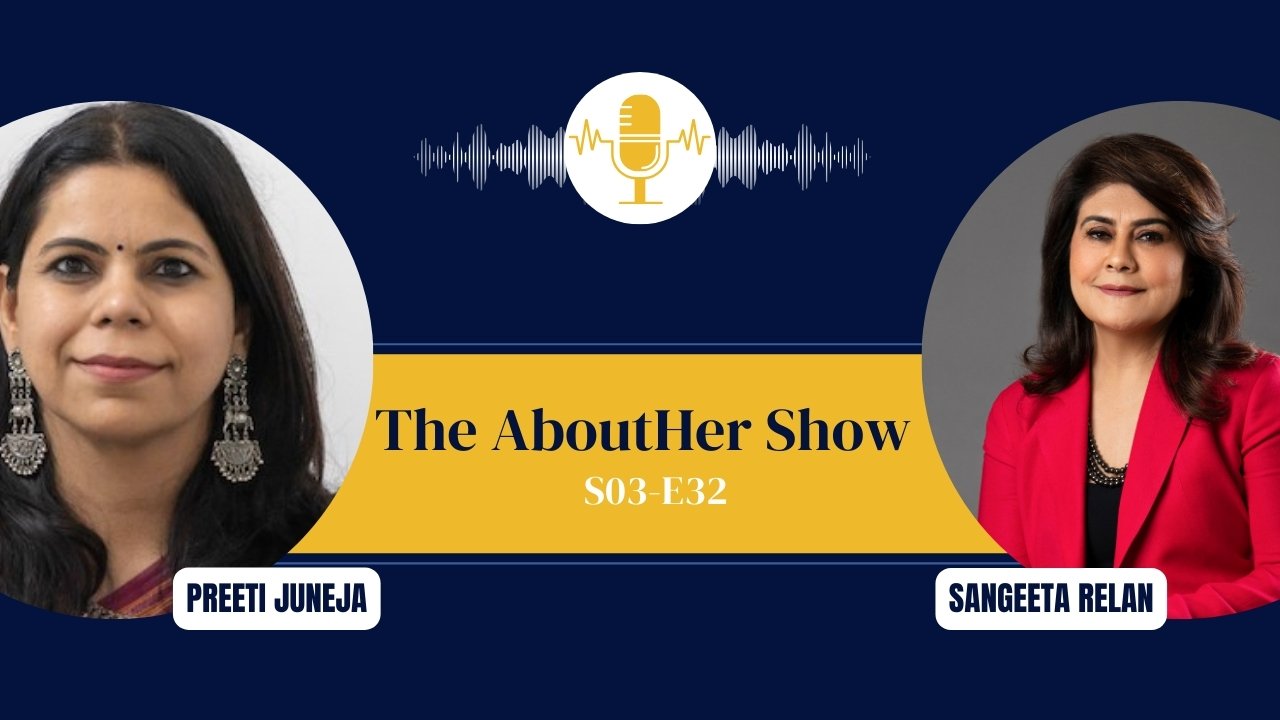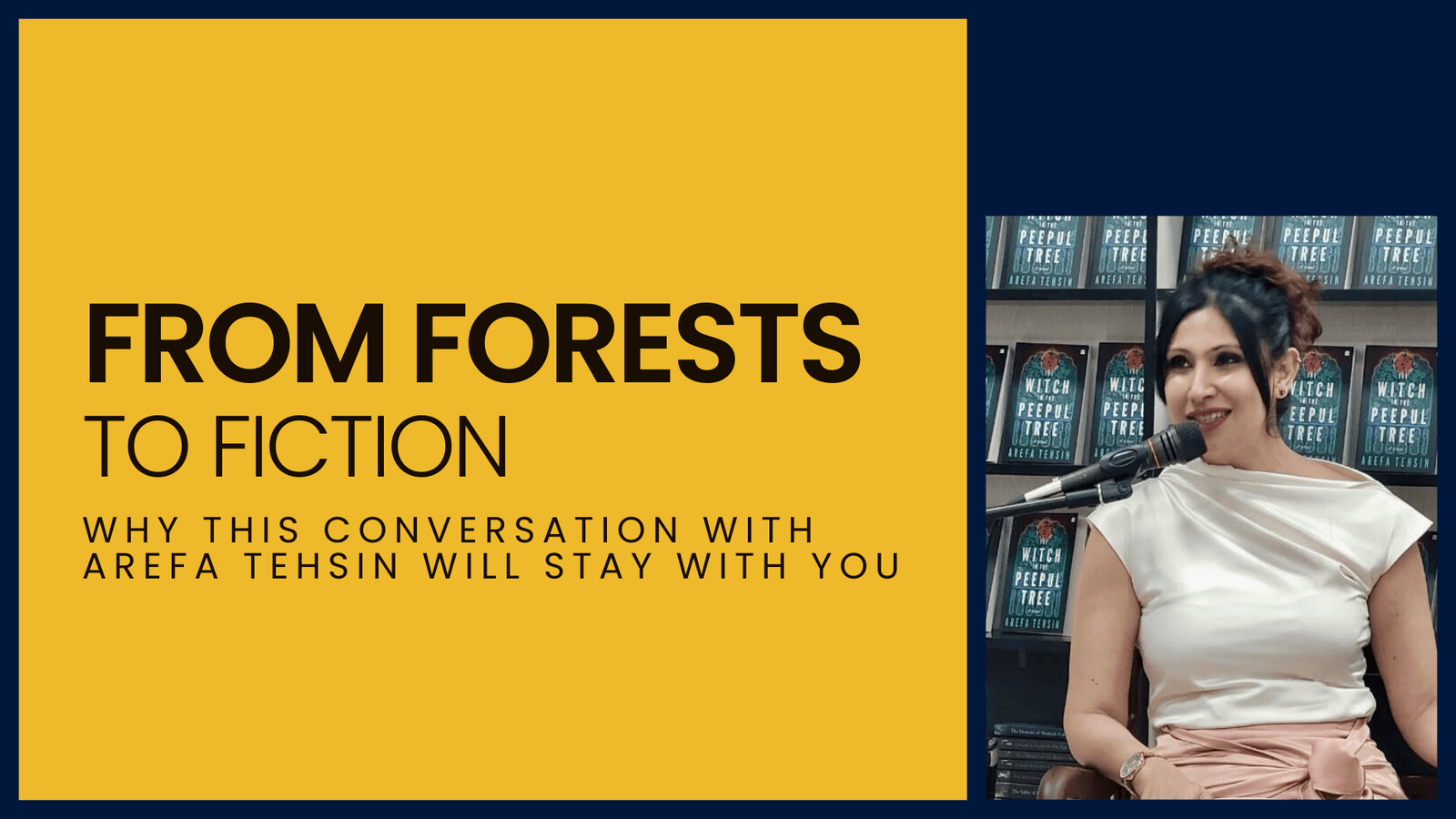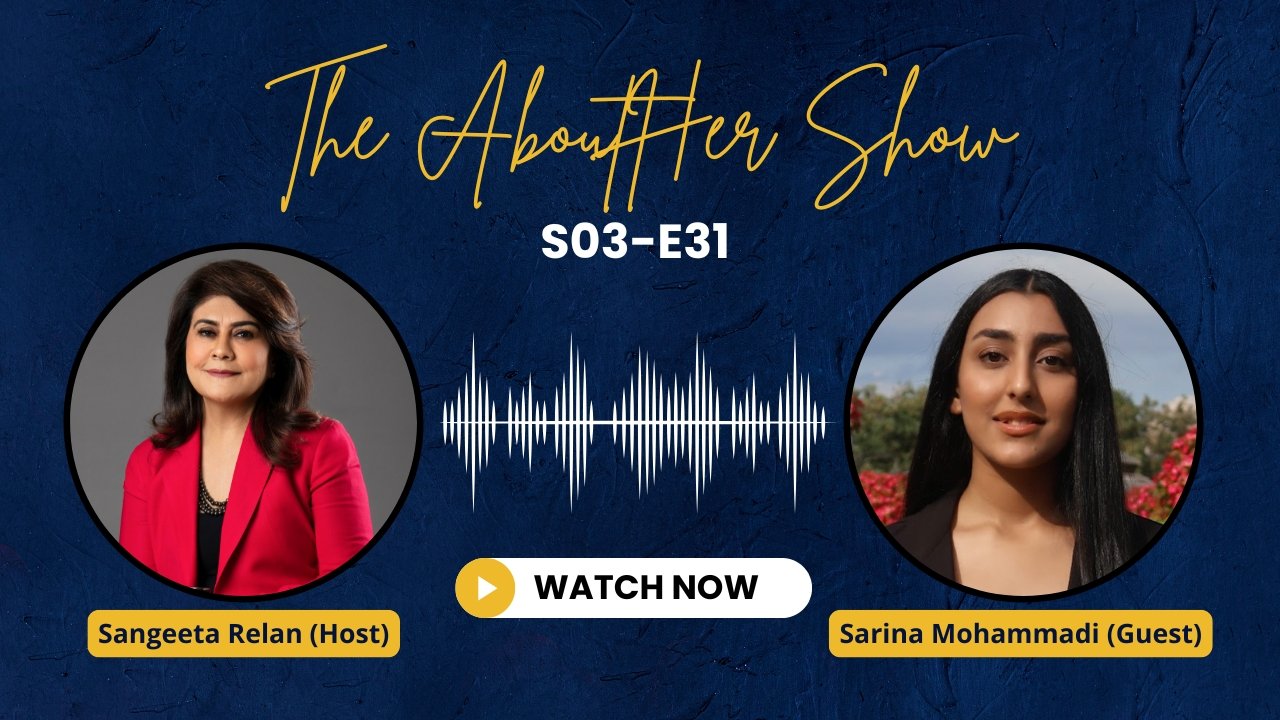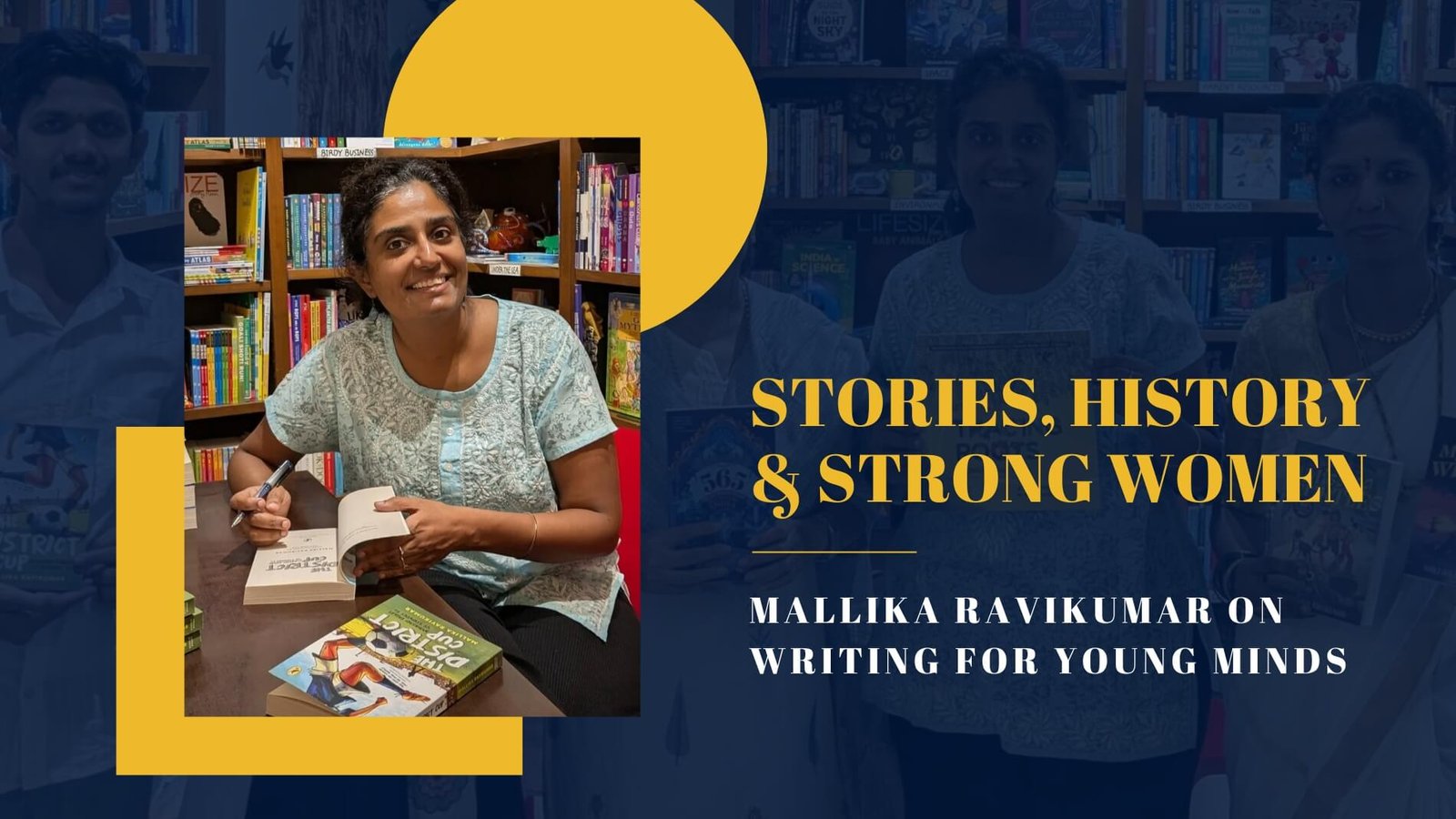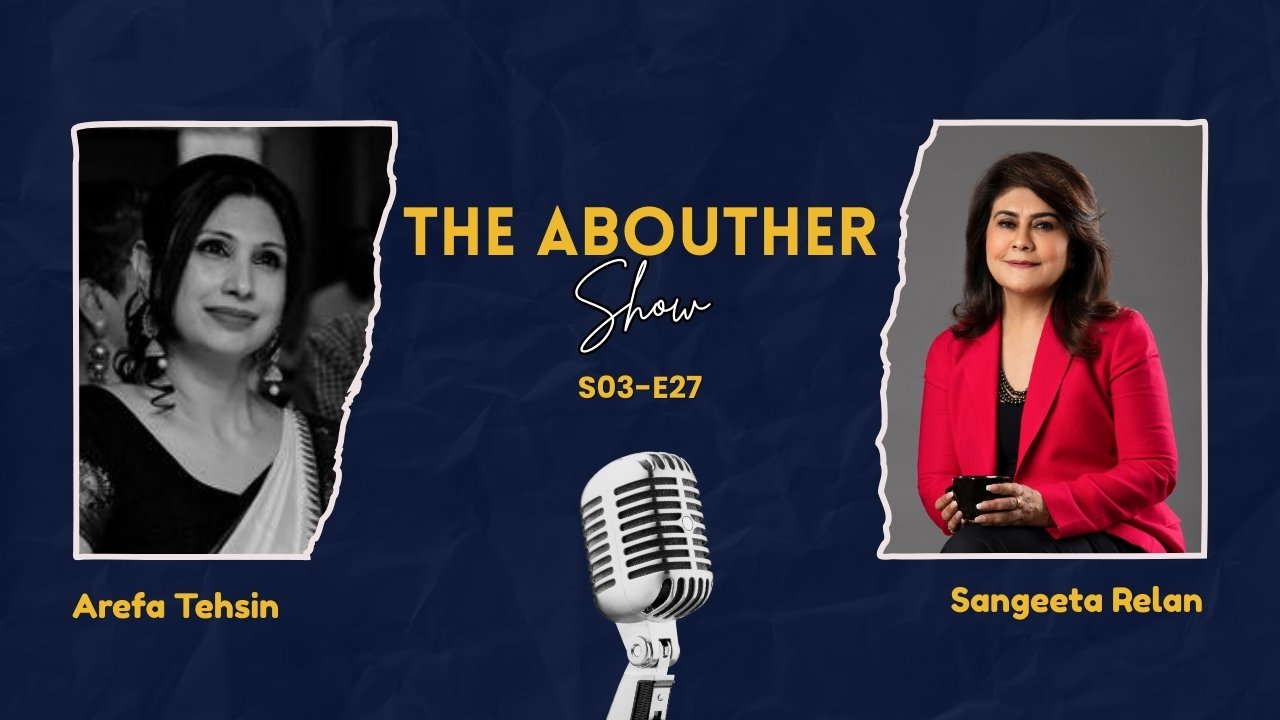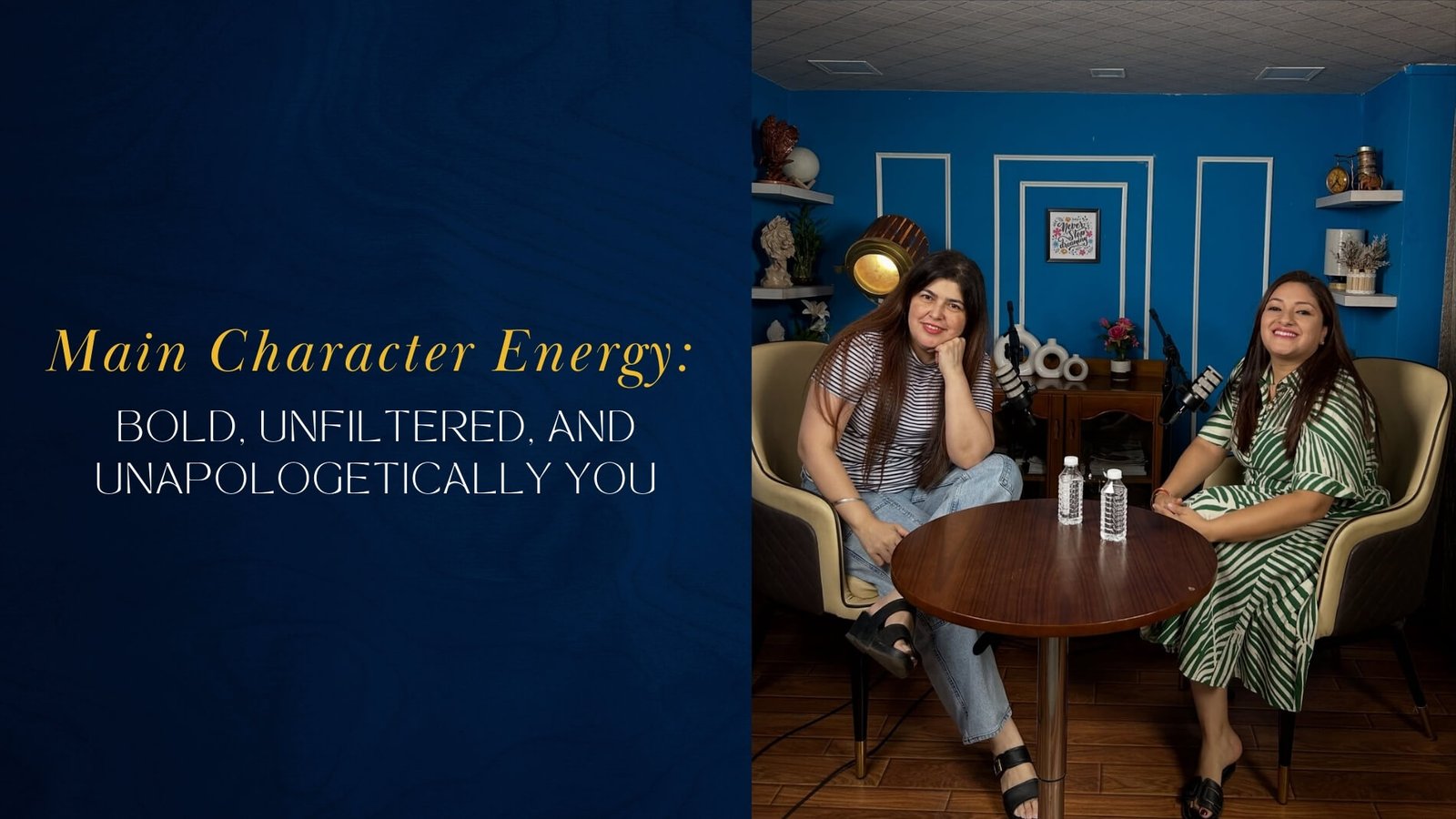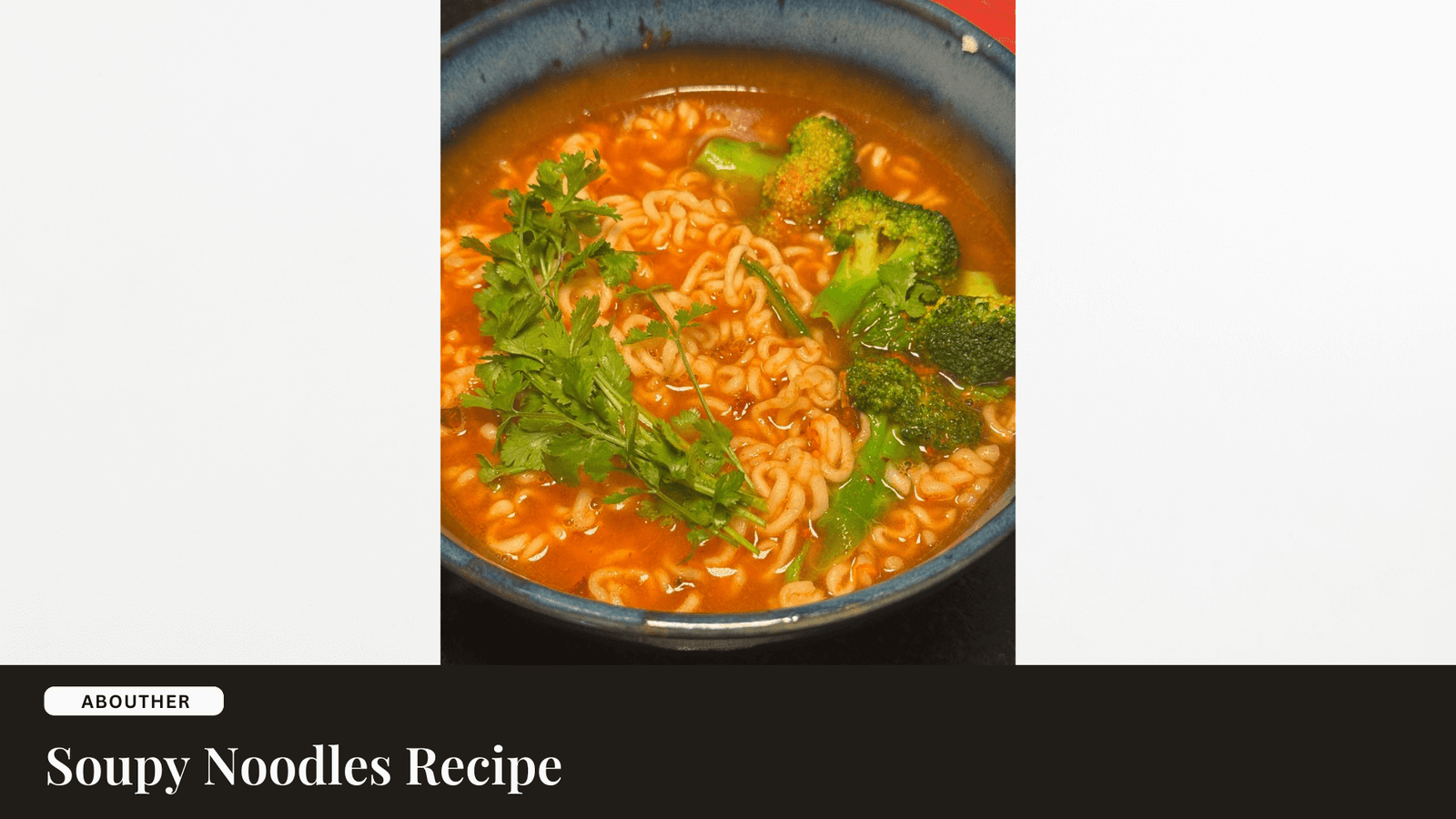Instruments of Truth: Aparna Sanyal on Writing, Resilience & The Road Less Travelled
What happens when a writer decides to walk into the fire—and write from inside it?
In this compelling episode of The AboutHer Show, I sit down with Aparna Sanyal, an author who has turned the deeply personal into the powerfully political. Her latest book, Instruments of Torture, is not just a literary work—it’s a reckoning. Through each story, she explores how trauma lingers, how women navigate silent suffering, and how writing can be both an act of survival and resistance.
Aparna fits seamlessly into our theme, The Road Less Travelled. She writes the kind of stories that demand emotional courage, peeling back layers of social silence around issues most people hesitate to confront. With a background in animation, poetry, and now prose, her writing style is unapologetically raw, deeply human, and infused with truth.
What makes her voice unique isn’t just the themes she tackles—but how she does it. She speaks from the intersection of womanhood, mental health, and art, offering a perspective that is equal parts lived experience and thoughtful analysis. If you’ve ever felt unseen, unheard, or uncertain of how to process your pain, this episode will speak to you.
Also Read: The First Stitch- Meena Bindra on Building Biba, Defying Norms, and the Power of Late Bloomers
Key Takeaways from the Episode
1. Writing as Healing and Confrontation
Aparna’s entry into full-time writing came after a deeply difficult period in her life. Following a particularly severe episode of depression, she found herself writing in torrents. What began as poetry slowly evolved into prose, and she describes the experience not just as cathartic—but as necessary. Writing, for her, is a way of naming what hurts, and in doing so, disempowering it.
2. The Genesis of Instruments of Torture
The idea behind the book came to her during a visit to a museum that showcased medieval torture instruments. That jarring experience sparked a realisation—while many of these tools are now historical artifacts, the emotional and psychological instruments of torture still exist in our daily lives, particularly for women. Each story in her book is named after a real historical device and draws connections to the ways modern society continues to inflict invisible wounds.
3. The Gendered Lens of Creativity
As a woman writer, Aparna talks about how her work has been misunderstood or reduced to its sexual elements by male critics, while completely missing the emotional depth and social commentary. She emphasizes how women, especially those who write boldly and without filters, are often boxed in or sensationalized, even when the work demands deeper engagement.
4. Unpaid, Unseen, and Unspoken Labor
A key part of the conversation focused on the idea of invisible labour—the emotional, mental, and logistical workload women carry without recognition. From managing households to absorbing the emotional needs of everyone around them, women perform a kind of unpaid labour that often goes unnoticed, yet forms the backbone of society.
5. Mental Health and the Need for Real Conversations
Aparna is refreshingly open about therapy and medication being essential parts of her life. She shares how therapy has allowed her to understand herself better, manage creative burnout, and process unresolved trauma. She strongly advocates for removing the stigma around mental health, especially for women, and stresses the urgent need for better infrastructure and policy support across India.
6. Her Advice to Aspiring Writers and Storytellers
Aparna’s three-fold advice:
- Write, edit, then write again. Good writing requires revision and honesty.
- Don’t rush your process. Let stories marinate. Find your rhythm, even if it’s different from everyone else’s.
- Find your tribe. Having a creative support system makes the often-lonely writing journey more fulfilling.
7. Embracing the Midlife Reboot
For those hesitant to change directions later in life, Aparna offers empowering reassurance. In your 40s, she says, you begin to know and accept yourself for who you are. You let go of people-pleasing, honor your instincts, and are better equipped to live with authenticity. It’s the best time to start something new.
“Middle life is the best time of a person’s life because we’re finally learning to live within our own skin.”
— Aparna Sanyal
Also Read: Pioneering Social Impact with Payal Nath
Aparna’s voice is bold, unfiltered, and full of grace. Her stories serve as mirrors—revealing the ways we hurt, hide, and heal. She doesn’t offer easy answers, but she reminds us that truth-telling is a powerful act—and that women’s stories, in all their messiness and magic, deserve to be heard.
👉 Listen to the full episode now: Spotify | Apple Podcasts | Audible | YouTube
If Aparna’s story resonated with you, share this episode with someone who needs to hear it. And if you’re navigating your own version of the road less travelled, keep going. Your story matters.
Share This On Social
![Sangeeta-Relan-AH-525×410[1]](https://aboutherbysangeeta.com/wp-content/uploads/2024/06/Sangeeta-Relan-AH-525x4101-1.jpeg)
I’m Sangeeta Relan—an educator, writer, podcaster, researcher, and the founder of AboutHer. With over 30 years of experience teaching at the university level, I’ve also journeyed through life as a corporate wife, a mother, and now, a storyteller.

